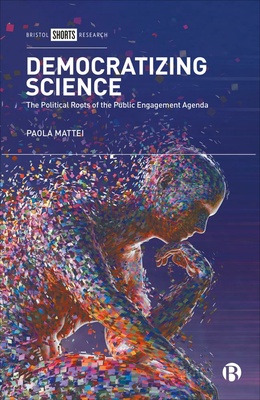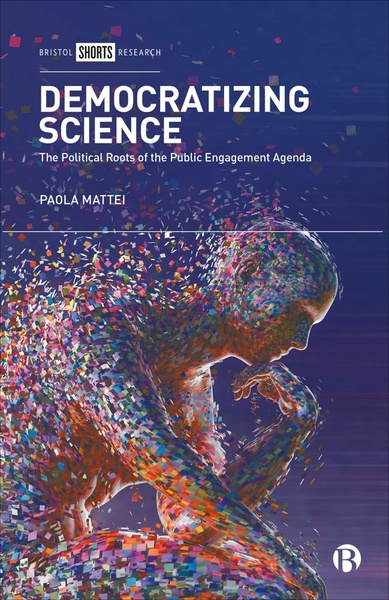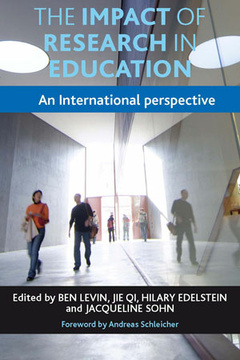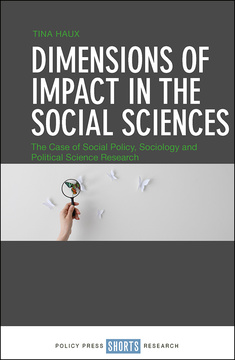Published
Sep 25, 2023Page count
140 pagesISBN
978-1529223958Dimensions
216 x 140 mmImprint
Bristol University PressPublished
Sep 25, 2023Page count
140 pagesISBN
978-1529223972Dimensions
203 x 127 mmImprint
Bristol University PressAvailable open access under CC-BY-NC-ND licence.
Public trust in the scientific community is under extraordinary pressure. Crucial areas of human activity and public policy, such as education, universities, climate and health care are influenced by populist political strategies rather than evidence-based solutions. Moreover, data-driven methods are becoming increasingly subject to delegitimization.
This book examines potential remedies for improving public trust and the legitimacy of science. It reviews different policy approaches adopted by governments to incentivize the empowerment of stakeholders through co-production arrangements, participatory mechanisms, public engagement and interaction between citizens and researchers.
Offering an original analysis of the political roots of the governmental impact and engagement agenda, this book sheds much-needed light on the wider connections to democracy.
"An engaging and sound exploration of the complex interactions between democracy, citizenship and science. This book is a must-read for anyone interested in governance in digital societies." Jale Tosun, Heidelberg University
"Scientific research plays a key role in orienting public decisions and collective life. The book outlines a much-needed and imaginative agenda for revitalizing the vacillating confidence in scientific methods and findings." Maurizio Ferrera, Università degli Studi di Milano
Paola Mattei is Professor of Public Policy and Political Science at the Department of Social and Political Sciences at the University of Milan.
Chapter 1 - Introduction: Science and Democracy
A crisis of public trust in science
Knowledge systems in a populist era
Overview of the book
Chapter 2 - Public Engagement: Concept, Practice and Rhetoric
Public engagement: a slippery concept
Conclusions
Chapter 3 - The Entrepreneurial State
The New Public Management
A critique of New Public Management
The case of the adoption of New Public Management in the 1990s in Italy
Citizens' Charter of Education
Conclusions
Chapter 4 - The Engaged State: Bringing Citizens In
Citizen science
Collaborative governance in the new millennium and citizens as co-producers
The ecological citizen
Youth public engagement with sustainability
Conclusions
Chapter 5 - Working with Schools and the Case of Ecological Citizenship
Education for sustainable development in Italy
Adoption of mandatory civic education in schools
Operational concerns from the street level
Discussion and analysis
Conclusions
Chapter 6 - Universities and Civic Engagement
The 'old' universities and their social embeddedness
The 'new' entrepreneurial university
Higher education landscape reforms: the marketization agenda
The 'engaged' university
Public universities at a crossroads
Conclusions
Chapter 7 - Rethinking the Public Scientist
Citizen science
Public engagement: the concept
Public engagement: the contradictions
Public engagement: the benign rhetoric















